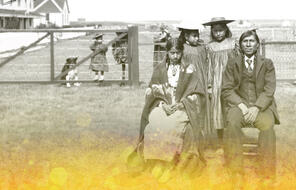844 Results
Human & Civil Rights
Teaching the Holocaust and Armenian Genocide: For California Educators
Designed for California 10th grade world history courses, this unit guides students through a study of the Holocaust and the Armenian Genocide that focuses on choices and human behavior.

Teaching Mockingbird Media and Readings
Enrich your teaching of To Kill a Mockingbird with this set of videos, photographs, and readings that will help students contextualize the novel.

Teaching Holocaust and Human Behaviour (UK)
Lead your students through a detailed and challenging study of the Holocaust that asks what this history can teach us about the power and impact of choices.

Universal Declaration of Human Rights
Use this unit to help students gain context on the drafting of the Universal Declaration of Human Rights, the role of Eleanor Roosevelt in its creation, and the legacies of this document today.
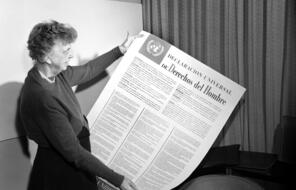
Choices in Little Rock
Get resources for teaching a unit on the efforts to desegregate Central High School in Little Rock, explored through the lens of civic choices.
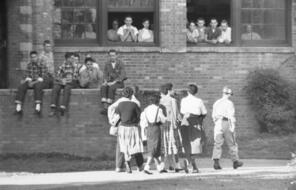
Resources for Civic Education in California
Explore resources that meet the California History–Social Science Framework standards.

Latinx Rights in 1960s California
Explore two pivotal moments in the Latinx rights movement in California: the East LA school walkouts and the first year of the Delano grape strike.
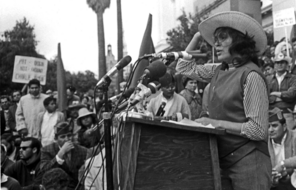
Resources for Civic Education in Massachusetts
Explore resources that meet the Massachusetts History and Social Science Framework.

The Reconstruction Era 3-Week Unit
Teach a 3-week study of the Reconstruction era guided by the essential question "What can we learn from the history of Reconstruction as we work to strengthen democracy today?"
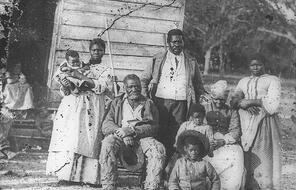
Memphis 1968
Lessons and resources help you explore the sanitation workers’ strike and other events that brought Dr. King to Memphis in the spring of 1968. This lesson is part of our partnership with the National Civil Rights Museum's MLK50 initiative.
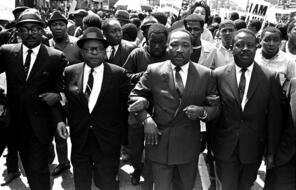
Stolen Lives: The Indigenous Peoples of Canada and the Indian Residential Schools
Explore our online resource on the Indian Residential Schools and their long-lasting effects on Canada’s Indigenous Peoples.
